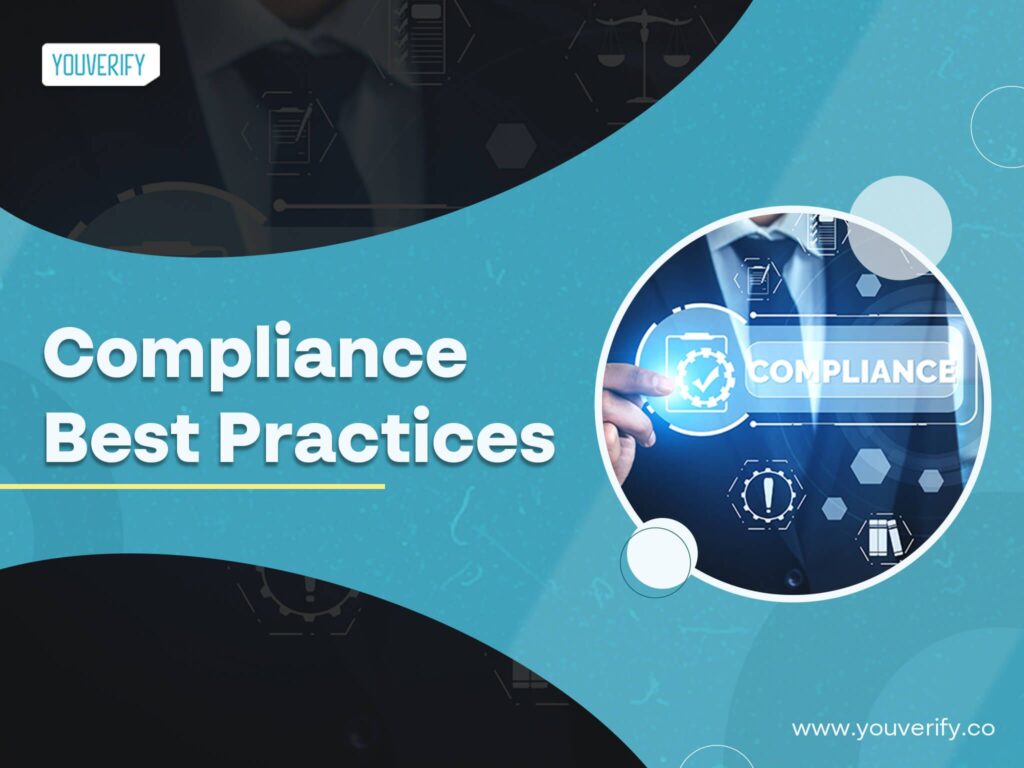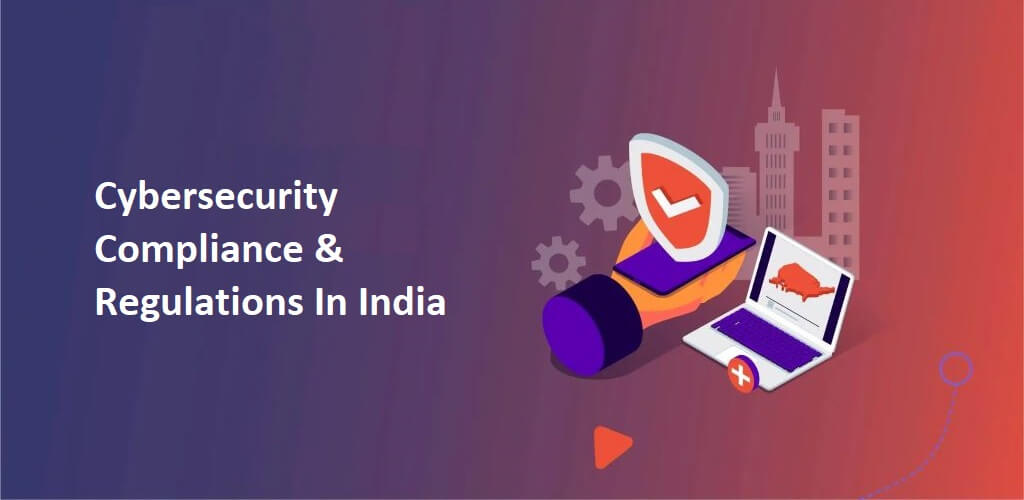New Cyber Security Regulations and Compliance News
In recent years, the world of cyber security has been rapidly evolving, and new regulations and compliance measures are being introduced to protect sensitive information. These changes are crucial as businesses and individuals navigate an increasingly complex digital landscape. This blog explores the latest updates in cyber security regulations and compliance, breaking down each significant development to help you understand their implications.
New Cyber Security Regulations
Cyber security regulations are rules and guidelines designed to protect information and systems from cyber threats. These regulations aim to safeguard data, ensure privacy, and maintain the integrity of digital systems. Recently, governments and regulatory bodies have introduced new measures to address emerging threats and challenges. These changes impact various sectors, including finance, healthcare, and technology.
One of the main goals of these new regulations is to enhance data protection. As cyber threats become more sophisticated, organizations need robust strategies to defend against data breaches and cyberattacks. New regulations often include requirements for stronger encryption, regular security audits, and employee training to prevent security lapses.
Key Updates in Cyber Security Legislation
Several key updates in cyber security legislation have recently been introduced. These updates reflect the growing importance of cyber security and the need for organizations to stay ahead of potential threats.
- Data Protection Laws: Many countries have updated their data protection laws to better safeguard personal information. For instance, the European Union’s General Data Protection Regulation (GDPR) has set a high standard for data protection. Other regions are adopting similar regulations to ensure that businesses handle personal data responsibly.
- Mandatory Reporting Requirements: New regulations often require organizations to report data breaches within a specific timeframe. This helps to ensure that breaches are addressed promptly and that affected individuals are notified quickly.
- Enhanced Penalties for Non-Compliance: To encourage compliance, regulators are imposing stricter penalties on organizations that fail to meet cyber security requirements. These penalties can include substantial fines and legal action, making it crucial for businesses to adhere to the new rules.
Impact on Businesses
The new cyber security regulations have significant implications for businesses of all sizes. Companies need to understand these changes and adapt their practices to comply with the new rules.
- Increased Compliance Costs: Implementing new security measures and ensuring compliance with updated regulations can be costly. Businesses may need to invest in new technologies, hire additional staff, or seek external expertise to meet the requirements.
- Operational Changes: Organizations might need to revise their internal processes and protocols to align with new regulations. This can include updating security policies, enhancing data protection practices, and conducting regular security audits.
- Legal and Financial Risks: Failure to comply with new regulations can result in legal and financial consequences. Businesses may face fines, lawsuits, and reputational damage if they are found to be non-compliant.
Best Practices for Compliance

To navigate the new cyber security regulations effectively, businesses should follow best practices for compliance. These practices can help organizations protect their data and avoid potential pitfalls.
- Conduct Regular Security Audits: Regular audits can identify vulnerabilities and ensure that security measures are up to date. This proactive approach helps organizations address potential issues before they become significant problems.
- Implement Strong Data Protection Measures: Businesses should use encryption, access controls, and other security measures to protect sensitive information. This includes securing both digital and physical data.
- Provide Employee Training: Employees play a crucial role in maintaining cyber security. Providing regular training on security best practices and recognizing potential threats can help prevent human error and reduce the risk of cyberattacks.
- Stay Informed About Regulatory Changes: Keeping up with changes in cyber security regulations is essential for maintaining compliance. Businesses should monitor updates from regulatory bodies and adjust their practices accordingly.
Future Trends in Cyber Security Regulations
The field of cyber security is constantly evolving, and future regulations are likely to address new and emerging threats. Staying ahead of these trends can help businesses prepare for future changes and enhance their security posture.
- Increased Focus on Artificial Intelligence: As artificial intelligence (AI) becomes more prevalent, regulations may address the security implications of AI systems. This includes ensuring that AI technologies are secure and used responsibly.
- Greater Emphasis on Supply Chain Security: Recent incidents have highlighted the need for robust supply chain security. Future regulations may require businesses to assess and manage risks associated with their suppliers and partners.
- Enhanced Privacy Protections: Privacy concerns are likely to drive future regulations. Expect to see stronger protections for personal data and more stringent requirements for data handling and storage.
- Global Harmonization of Regulations: As cyber threats are a global issue, there may be efforts to harmonize regulations across different countries. This can help create a unified approach to cyber security and simplify compliance for international businesses.
Conclusion
Navigating the landscape of new cyber security regulations and compliance can be challenging, but it is essential for protecting sensitive information and maintaining trust. By staying informed about the latest updates, implementing best practices, and preparing for future trends, businesses can better safeguard their data and remain compliant with evolving regulations. As the digital world continues to advance, adapting to these changes will be crucial for long-term success and security.



